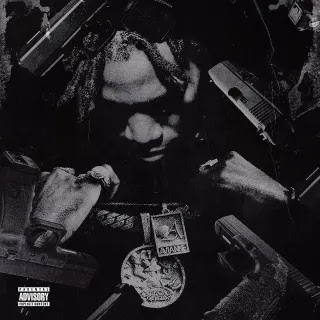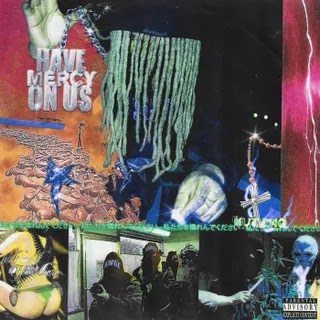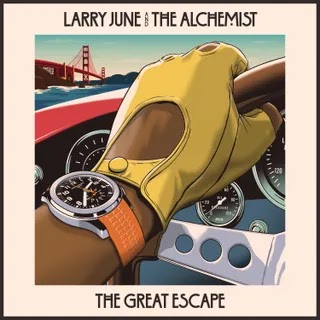The nascent pop star attempts to move beyond reggaetón on his latest album, but he never fully commits to any particular direction.
Much like hip-hop’s turn-of-the-century acceptance into the U.S. pop charts, reggaetón has been fully assimilated with the current Latin pop mainstream. Its cultural impact has been palpable, legitimizing a genre historically pushed to the margins, branded vulgar and low-class by the upper crust of Latin American society. Pop charts freed from gatekeepers in terrestrial radio are now dominated by the reggaetón riddim, so much so that some of its biggest stars make great strides to embrace grittier sounds more in line with the sound’s underground origins. But most artists still feel pressured to stick to the formula, churning out generic reggaetóncitos until they have enough clout to experiment and find their voice.
So for Rauw Alejandro, a nascent pop star with gifts as a singer and dancer surpassing most of his contemporaries—including bellwethers Bad Bunny and J Balvin—the challenge becomes not how to get reggaetón on the charts, but how to get on the charts without making reggaetón. And indeed, while Alejandro dabbled in some new directions on his debut LP Afrodisíaco, much of that record hewed closer to the watered-down reggaetón and trap that dominates the Latin charts. Yet its success has emboldened him to further experiment on his latest LP, Vice Versa, albeit with mixed results.
For better or worse, Vice Versa is presented distinctly in Alejandro’s voice; historically a prolific collaborator, he largely eschews features. Outside of Anitta’s turn on “Brazilera,” the most prominent guest on the record might just be the Daddy Yankee sample on “La Old Skul.” Alejandro is also listed as a producer on five of Vice Versa’s 14 tracks, evidence that his confidence in his own vision extends behind the boards, too.
The most forceful example of this is album opener “Todo De Ti,” his declaration that he is veering from the standard pop formula du jour—the Latin one, at least. And while it’s certainly a surprising direction for a young artist who came up on reggaetón and Trap&B, it’s also somewhat dispiriting that the big tonal shift comes from a track that would sound more at home on the boring half of a Dua Lipa LP, a lifestyle ad in audio form with a saccharine melody that appears to be lifted from Fergie’s biggest hit. “Desenfocao’” feels modeled after the contemporary Weeknd, softening a Michael Jackson-via-Max Martin take on rock music with a slick pop sheen.
This expanded range has also yielded some fascinating results, mostly at the higher tempos. After hinting at an affinity for Euro club music on Afrodisíaco’s “Quimica,” he further experiments here with UK rave and drum’n’bass. “Cosa Guapa” begins innocently enough as a standard pop reggaetón, then teleports to the floor at Fabric; “¿Cuándo Fue?” lulls listeners in with familiar syncopation before dropping them into a vortex of skittering snares and deep, pulsing synthesized bass. It’s the most thrilling moment on the record, an injection of unbridled energy that fades much too quickly.
Unfortunately, most of the actual reggaetón numbers, like the lovers daydream “Nubes,” skew generic and boring. Even “La Old Skul”—a transparent attempt to pay tribute to reggaetón’s roots with a sample of one of its more enduring hits—falls flat, failing to capture any of the irreverent spirit that made the movement so exciting. And while it’s cool that Anitta and Brazil’s baile funk are getting shine on a mainstream pop record, the smooth surface of “Brazilera” betrays much of the wild, frenetic energy that makes that music so appealing.
Vice Versa is ultimately pop experimentation with trepidation; Alejandro wants to expand the palette available to a successful Latin pop star, but seems to believe that change will be slow to come—better to play it safe with some bankable beats, just in case. And it appears to be a shrewd move, business-wise, at least: Vice Versa and “Todo De Ti” debuted at or near the top of several charts, racking up streams in the hundreds of millions. But if he truly wants to help shift the sound of pop music, he’ll have to take a leap of faith.
















0 comments:
Post a Comment